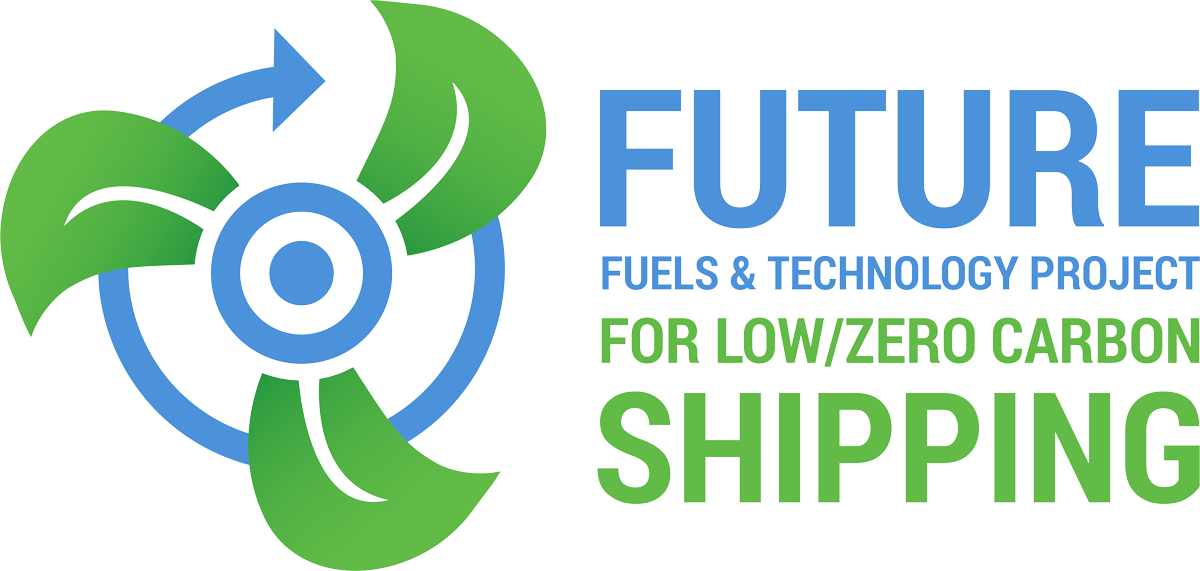To provides analysis, data, and information on the demand, supply, refining, and logistics distribution of petroleum resources. Based on the current data identified, the paper predicts the demand and supply of fuel oil energy resources on land and at sea until 2028 and provides related information. In addition, the outlook for international petroleum-based energy is analysed based on development information on new and renewable energy produced by region, especially in the Middle East and Asia, including China and India.
Publication year: 2023
Distributinig Carbon Revenues from Shipping
The report discusses which countries could access carbon revenues, for what purposes, and on what terms. It argues that revenues should be used to decarbonize shipping, enhance maritime infrastructure, and support broader climate aims. This (mix of options to use carbon revenues) would speed up shipping’s transition to zero-carbon energy, help build the necessary infrastructure, lower maritime transport costs, and result in climate benefits beyond maritime transport. It would also ensure that all countries, including those with no shipping industry or ports, could access carbon revenues. By developing a smart and flexible framework, the report shows how carbon revenues could be distributed to maximize climate benefits and support an equitable transition.
The role of energy efficiency regulations
The characteristics of the EEDI, EEXI, and CII regulations on ship energy efficiency and their practical impact on the maritime industry were analyzed. The role of each stakeholder in achieving the original purpose of these regulations was explained in realistic terms.
In particular, it introduces the positive impact of the EEDI regulation on the development of energy efficiency improvement technologies of ships, the limitations of the EEXI regulation, and the interrelationships between stakeholders for effective implementation of the CII regulation.
The overview of the discussions at IMO MEPC 80 and frequently asked questions
To provide the overview and interpretation of the outcomes of agenda item 7 of the 80th session of Marine Environment Protection Committee
Applying Alternative Fuels to Existing Ships (Engine Retrofit Report 2023)
To explore decarbonization through retrofitting existing ships and analyze the price gap between alternative fuels and conventional fuels through forecast scenarios for the application of alternative fuel technologies in ship retrofits
It is worth noting that this report proposes a required carbon tax of $350 per ton of CO2 in order to bridge the price gap between existing marine fuels and the latest eco-friendly alternative fuels, such as methanol and ammonia.
Recommendations for Design and Operation of Ammonia-Fueled Vessels Basd on Multi-disciplinary Risk Analysis
To understand the risks of using ammonia, including primarily toxicity, onboard fires and explosions and provide the safeguards that can be implemented to reduce them to tolerable levels
Using bio-diesel onboard vessels
To address key issues in related to biofuels used in ships based on the physical and chemical properties of FAME-based biodiesel oil, this study highlights key factors to consider when using marine biofuels on ships and addresses major issues in international regulations concerning exhaust gases generated from combustion and related verification
Biofuels in Shipping
To summarize relevant regulations and current status based on the understanding of characteristics of biofuels for ships and explain factors to be considered when biofuels are used in ships, including characteristics and prospects in terms of biofuel production
Cost of Regulatory Compliance Lower with LNG
To provide information on the impact of alternative fuels choice
Key Issues in LCA Methodology for Marine Fuels
To highlight the impact of key considerations and methodological decisions when doing an LCA and demonstrate how these can impact the emissions attributed to different fuels

